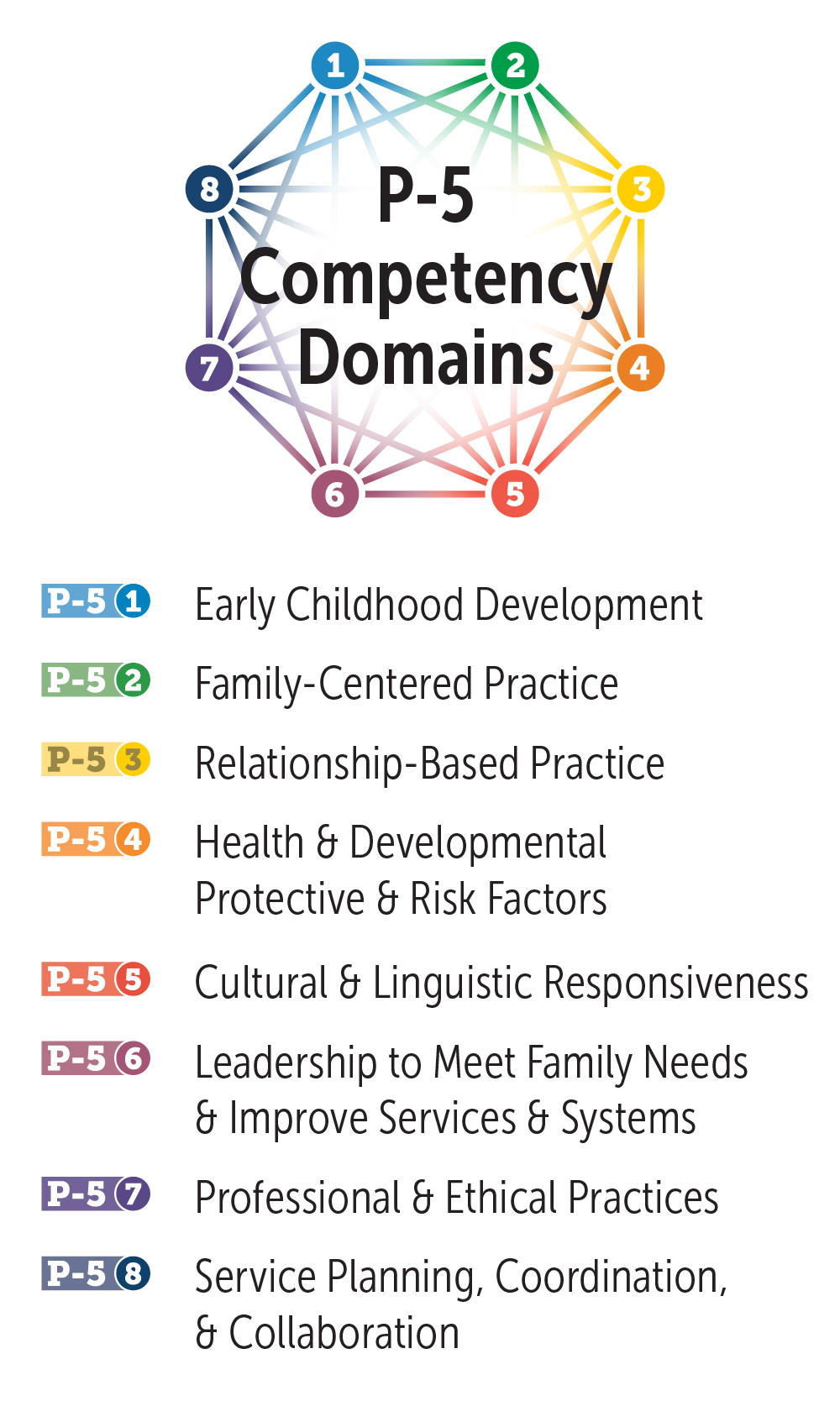
AC21 - Opening Plenary - Recognize Emotions To Take Action Through Transformative Cultural Rituals And Routines: Reflections On Robert Emde
In 2020, the American Professional Society of Child Abuse declared that racism is a form of psychological maltreatment. The growing population of multicultural, immigrant, and refugee children and families require culturally valid theories and research to identify strengths and vulnerabilities for effective practice and inclusive policies. Findings from research unpack caregiver emotions that serve as mediators and moderators of bias and colorism on the acceptance and rejection of children. Take heart in strategies to promote awareness of race-based emotional responses and transform practice to include empathic attunement with the humanity of diverse people. Robert (Bob) Emde explored development from the perspective of continuity and transformational change. Great change requires upheaval. Effective action requires reflection and recognition of the role of intense emotions in relationships. Amid atrocities, we can raise our collective consciousness and advance essential transformations—together.

Important note on accessing plenary sessions
Each day's plenary will be streamed using MediaCenter. To ensure that you are able to join the live plenary session, perform a browser test here.
The site will ask for your first and last name and email to launch the test. If you see the video and hear music that means you passed and can close that window.
If you are unable to see the video, please visit the FAQ page here for troubleshooting tips. As a reminder, all plenaries will be recorded and available after the conference.
Marva Lewis, PhD
Associate Professor
Tulane University of Social Work
Dr. Marva Lewis research focuses on the development of culturally valid research methods, child abuse and neglect, and racism-based stress. Dr. Lewis uses culture-centered methods to prevent the intergenerational transmission of the legacies of the historical trauma of slavery such as the acceptance or rejection of children based on hair type and the practice of Colorism (valuing light skin color over darker skin tones). She is interested in the prevention and reduction of child abuse and neglect while strengthening parent-child attachment through the everyday ritual and routine of the hair combing task plus community-based parent support.
Jon Korfmacher, PhD
Chapin Hall
Jon Korfmacher, PhD, has devoted his career to forwarding scientific knowledge and applying what he and others have learned in practical ways related to home visitation. He joined Chapin Hall after over twenty years on the faculty at Erikson Institute, where he directed the Illinois Child Parent Psychotherapy Learning Collaborative, a project supporting community clinicians in the use of Child Parent Psychotherapy with young children and their families exposed to trauma. Dr. Korfmacher studies programs that provide in-home parenting support and links to community services for at-risk families in order to improve young children's health and well-being. His work focuses on understanding why families can have such different experiences in these programs and what kinds of support can improve their effectiveness. Dr. Korfmacher is a member of the leadership team of the Home Visiting Applied Research Collaborative (HARC), a national network focused on supporting effective home visiting practice through innovative research designs. He has also earned a strong reputation among early childhood professionals around the world for work, as home visiting has become more common in countries outside the United States. He brings an international perspective, having advised home visiting programs in Brazil, Chile, and China and provided consultation to UNICEF in its initiatives in Central and Eastern Europe. Dr. Korfmacher is a Zero to Three Fellow and currently chairs the Annual Conference Program Workgroup

